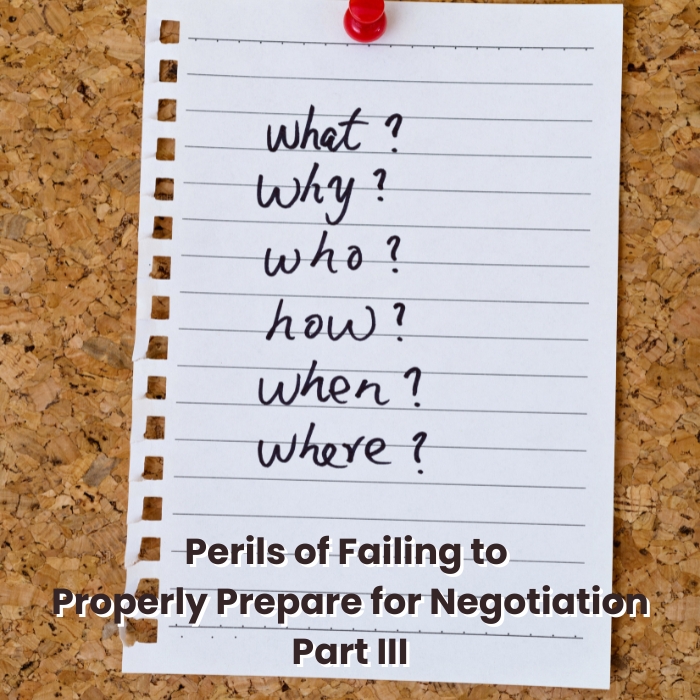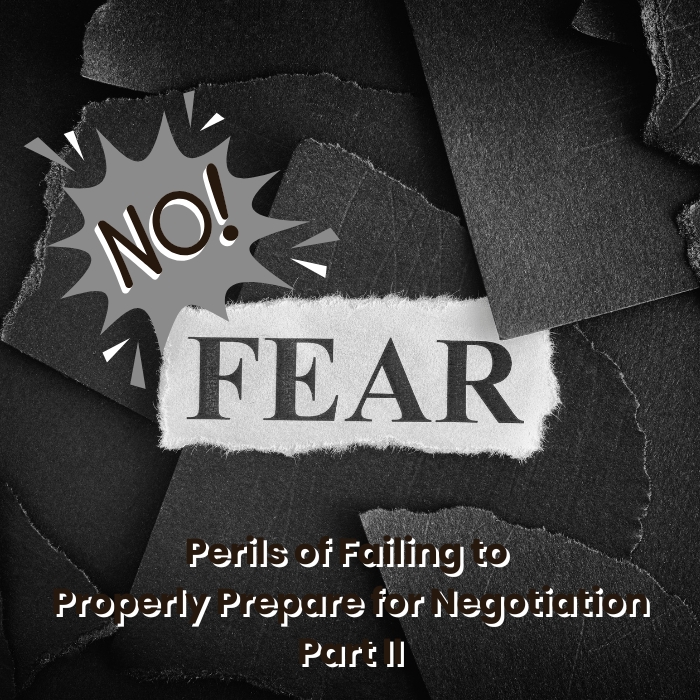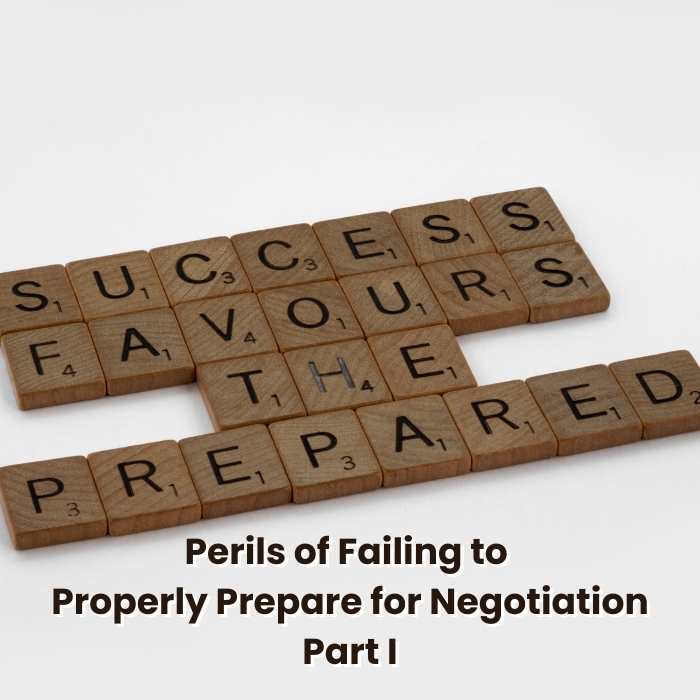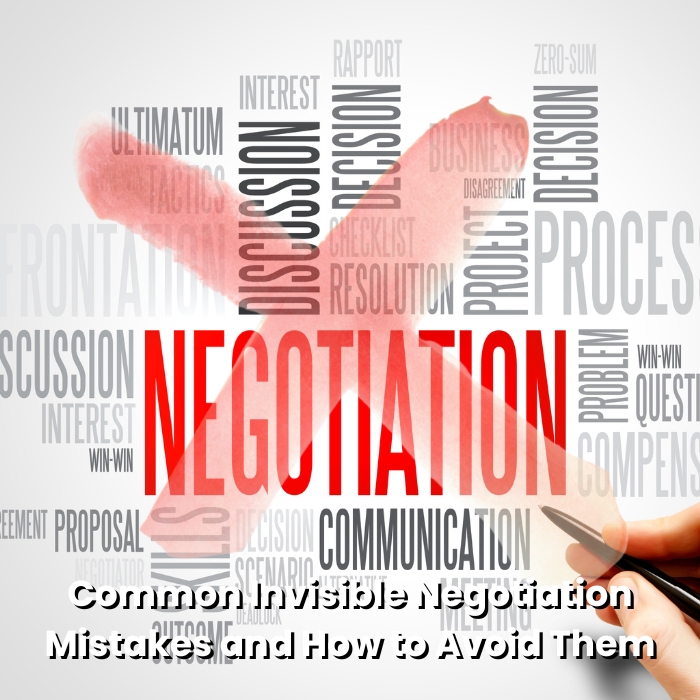
Negotiating with a Liar
How do you handle negotiating with a liar? We’ve all had the experience. It typically leads to frustration, anger, disbelief, reactivity or a combination of these negative emotions and more. What it doesn’t usually lead to is satisfactory resolutions. But that doesn’t have to be the case. With awareness and a few tips and tools, you can handle negotiating with a liar in a way that allows you to get better outcomes.
How to recognize if someone is lying?
Uncovering how to recognize if someone is lying is the first step. Much like in a poker game, look for ‘tells’. Most people have some sign or signal that shows up when they’re lying. This reaction is unconscious, automatic and involuntary. Watch for body language shifts. Pay attention to cues, both verbal and non-verbal. Pay attention to facial expressions (both macro and micro) which can give away a liar. Pay attention to voice and verbal style.
It is helpful if you have a baseline against which to compare the behavior so it’s often easier in a pre-existing relationship. Note too, there is no single definitive sign, so it’s important to rely on a combination of methods and factors. Look to see if there is a conflict between what is being said and what the non-verbal cues indicate. i.e. clenched jaw while they’re saying everything is great.
There are countless articles written on how to read the cues that someone may be lying. A few signals often cited include: change in breathing (quickening), raised shoulders, shallower voice, repetition of words or phrases, touching or covering their mouth or other ‘vulnerable’ body parts, repeating questions before answering, not saying enough or saying too much, etc.
Ultimately, trust your intuition in these situations.
What Can You Do if You Suspect Someone is Lying?
If you suspect someone is being untruthful, here are a few tips on how to test your hypothesis.
- Behavioral psychologist, Dr. Lieberman, suggests asking a question, introducing a false fact ostensibly relevant to their story, to see how the person responds or reacts.
- Some experts suggest having them tell their story in reverse (as the cognitive demand increases the likelihood of discover).
- Ask questions in a variety of ways; get them ‘off script’ for easier detection.
How to Deal with and/or Negotiate with Someone Who’s Lying
- Prepare in advance. Preparation accounts for ~45% of one’s success in any given negotiation. Be sure, whenever possible, to prepare with intention for an upcoming negotiation or difficult discussion. If you’re not already familiar with my preparation models, be sure to check out my No F.E.A.R. and 5 W ebooks to incorporate as part of your preparation process. Considering both yours and the other party’s Fears, Ego, Attachment and Reactivity triggers as well as considering Who, What, Where, When and Why with respect to your negotiations will up-level your influence and persuasive abilities.
- Taking into account the factors that may cause a person to lie in a negotiation will allow you to meet them, not from a place of reactivity where the negotiations are doomed to go off the rails, but rather, from a potential place of compassion. Tied to that, considering in advance who you want to show up, allows you stay grounded, calm, collected and compelling rather than reacting from a place of emotion.
- The increased presence that comes from this preparation will well equip you to catch signs if someone is lying and better equip you to deal with it.
- Show up using my A.R.E. F.I.T. model. In other words, get intentional about being Assertive (showing up with the confidence that comes from proper preparation); build Rapport with the other party; bring Empathy to the table; be Flexible; trust your Intuition; and build Trust.
- When you’re able to show up from a place of empathy, putting yourself in the shoes of the other party, trying to understand their motivations, you’ll be able to invoke your higher self and appeal to their higher self to get better outcomes.
- One way to put yourself in the shoes of the other party is to get curious and ask questions. We tend to over talk when listening would better serve the negotiations. Active listening is one of the most important skills to bring to the table as an effective negotiator. It allows you to better understand the needs of the other party – their stated needs, unstated needs, and even unconscious needs. This is a powerful tool to enable more creative outcomes.
- This is also a particularly key skill when trying to ascertain if someone is lying. Asking questions in different ways, getting someone off their ‘rehearsed script’ (as noted above) is much more likely to unearth inconsistencies (both intended and unintended). This is in part, the skill of an effective attorney when cross-examining and why it’s so powerful in uncovering the truth.
- What did I mean when I suggested you appeal to the other party’s ‘higher self’?
- We all value our identity. If you catch someone lying, calling them a liar and/or challenging their integrity is likely to trigger a defensive posture and things typically devolve. By contrast, if can be a very effective tool to take a moment to breathe, ground yourself, invoke compassion and instead say something like:
- “I know you value your integrity and believe it’s important to treat everyone with dignity and respect. I appreciate that. It’s important to me too.”
- And then go on to propose your alternative view or identify that something they said didn’t resonate and perhaps you can put it aside for the moment and move on to another point.
- In doing this, you appeal to the person’s sense of self, invoking their desire to live into the better identity you’ve presented. It also allows the person the opportunity to save face and move forward in a more productive manner.
- Try to check your emotions. If you allow yourself to get reactive, then you’re allowing the other party to control how you show up. You lose perspective, clarity and objectivity.
Having said all this, never get so attached to a particular negotiation or end result that you continue to negotiate after it no longer makes sense for you. If these strategies do not work (i.e. with a pathological liar, narcissist, etc.) then be prepared to walk away or call out the behavior where necessary. But don’t make that your knee-jerk response. You will be far better served by practicing and perfecting the strategies above as your go-to modus operandi.
- Perils of Failing to Properly Prepare for Negotiation Part III - December 26, 2024
- Perils of Failing to Properly Prepare for Negotiation Part II - December 25, 2024
- Perils of Failing to Properly Prepare for Negotiation Part I - December 24, 2024






